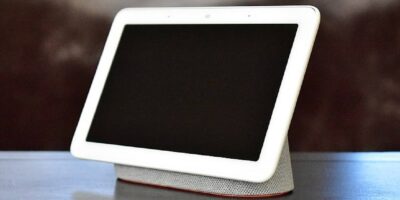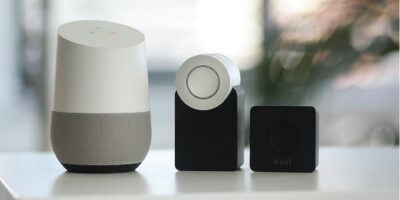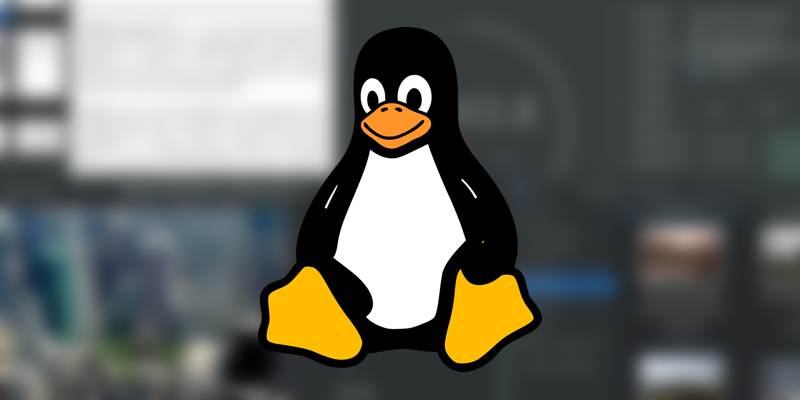
With IoT devices, we have a tendency to think of them as simple when they’re really anything but. Even the simplest IoT devices run software to keep them going, and the vast majority of these are running some form of Linux.
If you’re not familiar with Linux distributions, they take the same core operating system, Linux, and build tools around it for specific needs. Because IoT devices have limited hardware resources compared to PCs, there are a few distros aimed at this use case. Whether you’re building a DIY project or you’re just curious, we’ve compiled a list of some of the best-known Linux distros used in IoT devices.
Yocto
The Yocto Project’s website is adamant that it is not an embedded Linux distribution. Instead, the project argues that it creates one for you. This lets you put together a system with exactly what you need and nothing else. For hardware-constrained devices, this is important.

Built on top of the OpenEmbedded Project, Yocto adds different layers on top. This lets developers add a GUI, middleware, and other features as needed.
Android Things
As the name implies, Android Things is built on top of the Android OS, but is meant for IoT devices. This is partially behind the flurry of devices on the market with Google Assistant built-in. It depends from device to device, but if you have a smart speaker with Google Assistant built in, it could be running Android Things.
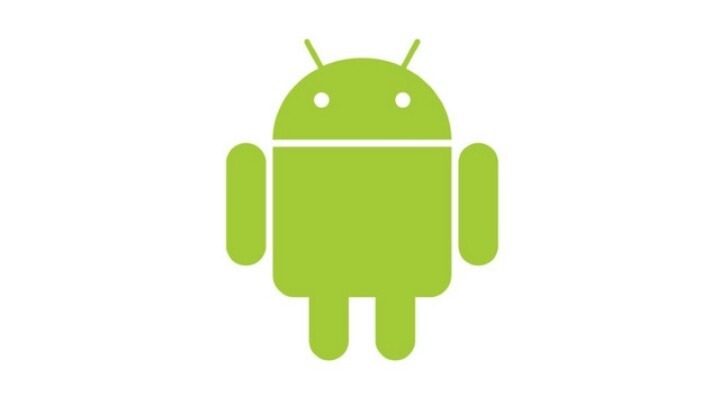
Aside from its popularity among manufacturers, Android Things is also popular among DIY enthusiasts. The OS runs on popular hobbyist hardware like the NXP i.MX7D and Raspberry Pi 3B.
Ubuntu Core
The main Ubuntu is so popular that even if Linux is wholly unfamiliar to you, you’ve still probably heard of it. Ubuntu Core is a stripped-down version of the OS meant to run on embedded systems like IoT devices.
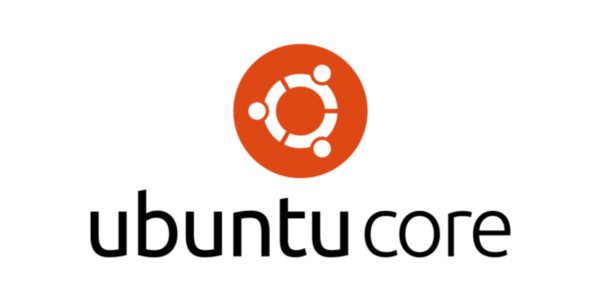
One of the main goals of Ubuntu Core is security. The entire system was designed around being as secure as possible, with persistent digital signatures and immutable packages. This is becoming more and more important as we welcome more IoT devices into our homes.
Raspbian
If you’ve ever tinkered with a Raspberry Pi, Raspbian is probably familiar to you. Raspbian is built on top of Debian and meant specifically for Raspberry Pi hardware. This may not make its way to a lot of consumer hardware, but it’s a major hit among hobbyists.
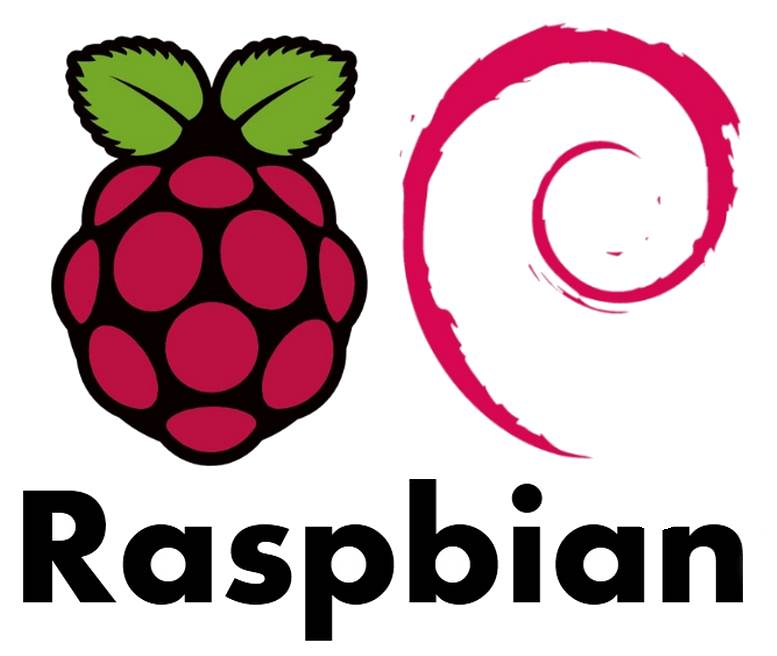
With Raspbian and cheap Raspberry Pi hardware, you can build anything from simple sensors to more advanced projects.
Debian
Debian is the Linux distribution several other distributions like Ubuntu and Raspbian are built on. A sub-project, Debian Tinker,takes Debian and modifies it to run on a variety of different systems. One of these is the IoT space. Other uses include modifying smartphones and other fun projects.

Debian isn’t the most popular or easiest to use Linux distro for IoT devices, but it’s worth mentioning because of its influence. It’s also a great place to start if you want to build a minimal system from scratch.
Conclusion
The above distros are just a few examples. Of course, any Linux distribution can run on IoT devices with modifications, but these are some good starting points.
Linux isn’t the only operating system that can power these devices either. If you’re curious, take a look at our rundown of Microsoft’s offering: Windows 10 IoT.
